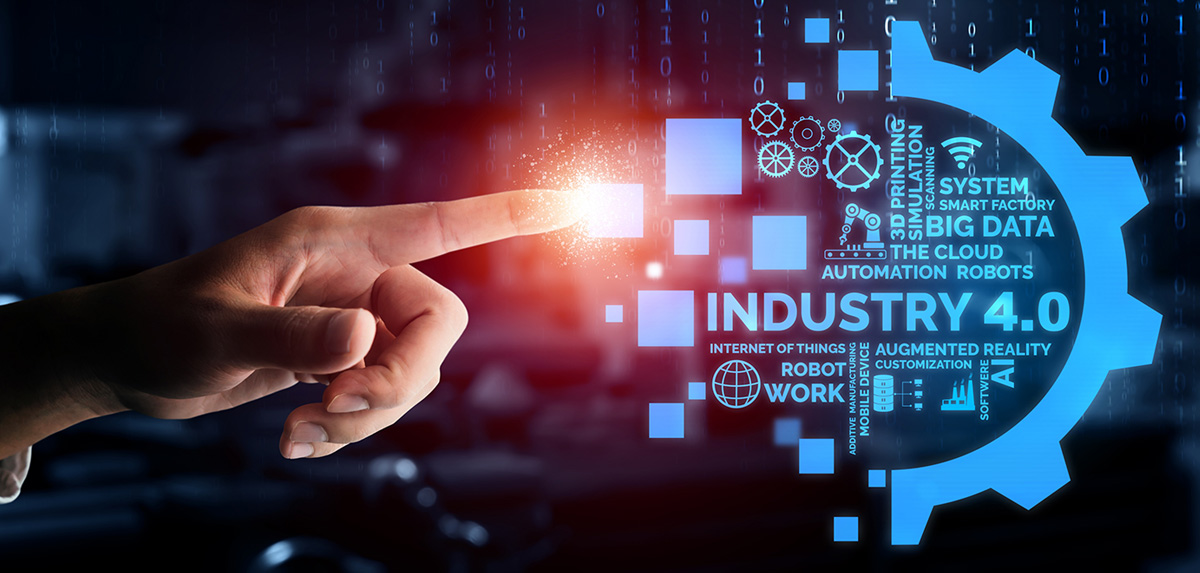
Developing curriculum for industry 4.0: digital workplaces
The purpose of this paper is to introduce a framework used in a program for working executives, designed to prepare them for the digital workplace environment of industry 4.0.The paper adopts a case-based approach. It presents the current context about industry 4.0 and digitized workplaces. It then describes the case of designing the curriculum for a learning program on this theme, the responses received from participants and facilitators and conclusions that can be drawn from the responses. The findings indicate that digital workplaces present challenges such as fragmentation of work, a resultant disconnect between team members, an uncertainty about assessment of efforts as well as assessment of output. Facilitation by coaches, extensive documentation, knowledge sharing, empathy and an alignment to shared goals mitigate these challenges to some extent.
Facilitation also enables the participants to experience the true benefits of technology aided collaboration. The participants in the program had an average work experience of two years, and a senior management view was not represented. The learning from the program would help in designing more such collaborative and immersive learning experiences. Programs about virtualization and automation of work processes enable an appreciation of the inherent challenges and shortcomings and a fairer implementation of technologies at the workplace. The program brought into the classroom an immersive experience of the evolving dynamics between employers, digital technologies and employees of contemporary workplaces.
Published in: Higher Education, Skills and Work-Based Learning